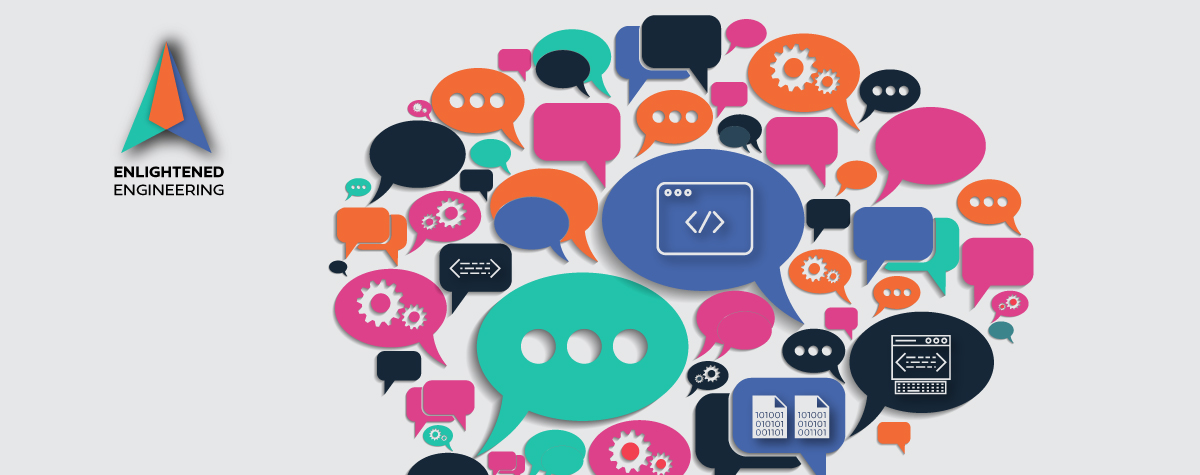
Starting a New Job? Don’t Panic!

*This is part of an ongoing series from Rezilion titled Enlightened Engineering: Reflections From Rezilion’s Tech Team
By: Gil Elhayani, Data Analyst, Rezilion
Whether you’re an early graduate or have been in the industry for a few years, entering a new work environment can make you feel flooded and overwhelmed.
During your college years, you acquired the ability to rapidly consume knowledge while applying it to be reviewed/tested. Using these skills you’ve cultivated will help you learn the company, the product and most importantly, the culture. Spending time preparing for this transition will make you more confident and grounded.
In this blog post, I will try to highlight your strengths, with some personal insights, and control your fears for the best outcome.
Maximize Your First Steps
Some people may say that the knowledge you gain in the academy doesn’t meet the demands of the industry. Most of the time it’s true, but you’ve been hired based on your potential, as well as the knowledge you hold. Be focused on your job description, but always absorb info from others – people love to talk, and you should use it to your advantage, but be careful choosing the right moment to engage.
Entering a new company is like entering a new realm with a set of unwritten rules that are hard to detect. Keep your ears open, and try to detect who is the king, the clown, and the cleaner – but don’t be a fool, even the janitor can teach you a thing or two.
When assigned a new project, dedicate some time to understand the big picture and don’t be intimidated by the pressure to deliver outcomes. Mapping the project early gives the ability to be relevant in meetings and brainstorming for planning the next milestone.
Awareness
The first few weeks for a new employee are often referred to as “mercy time”, and you shouldn’t be afraid to make a mistake. Don’t forget that even your boss was once a new employee, and they didn’t reach their position without making a few errors.
Push forward with your personal goals, as well as the company’s. The company structure is often changing, and new opportunities will reveal themselves – use them to your advantage.
Address the right question for the right person by looking to your co-workers strengths and workflow methods. This will increase your technical skills to the right level.
The Right Time for the Right Question
Every new employee will find themselves asking a lot of questions and knowing when to ask them is crucial. We humans are impulsive, and when a question pops into our brain we want to broadcast it.
“Read the room” and try to coexist with other trains of thought.
Practically, when you’re in the office ask a short yes/no question, and if the person is in a hurry then wait for the next opportunity. If the answer is unclear and the puzzle is still incomplete then ask the same question to a different co-worker. In other words, learning from different sources will strengthen your understanding.
Know Your Manager
The PAEI model by Ichak Adizes describes 4 types of bosses, knowing how to collaborate with every type will change your life.
Humans aren’t perfect and managers can’t have all 4 qualities together.
Managers are often driven by tasks and their desire to complete the company goal, but every type of manager will want to see the outcome in a different way.
Classifying your manager, before preparing a presentation of your completed work, will help them better understand the mission and outcome while also showing off your value.
Using this knowledge can make your manager trust you in handling new projects and brainstorming new ideas for future features.
Know What’s Good for You
Some work well in noisy places and some don’t. Knowing when and where you’re most productive is important for time management. Plan your days according to your tasks, order and schedule the best time for each one to increase productivity.
Find the right criteria that motivates you at work and improve relationships with your co-workers.
In my case, I save the first 2 hours of the day for productivity tasks. After lunch is my least productive time to work on these, but the best time to build connections.
Besides what works for you, there are probably some tips and tools that co-workers use in your company. Consult with them. This can save you time and pain when dealing with issues.
Feeling good with your daily routine? Share your thoughts and plans with your manager, to find the right balance between the daily commitments and your most productive time.
Growth
It won’t be long until you’ll be like any other employee in the company, and now is the time for you to shine above the rest. Now that you feel stability in your role, we can talk about the technical skills.
These days, almost every company has training for employees and extra courses for enriching their knowledge.
I encourage you to look for these opportunities and pursue any subject that interests you. But most importantly, find the ones that will provide you with tools to improve in your current role as well as advance the skills you and your manager feel will help you towards the next phase in your career.
Rezilion is one of those companies that focuses on the employee, and finding the right path for growth.
From the beginning there are milestones for your career path that are set with your manager.
Learn New Skills and Stay Relevant
Nowadays, job requirements and tools are changing constantly. Adjusting to a new reality is a skill that you should learn to use. Observing the next trends will keep you up to date and relevant in your field.
A good way to do this is to read the right newsletters and place yourself in a growing and innovative environment. Podcasts while on the road and reading from Medium is a good start.
Remember your old college buddies? Great, set up a friendly meeting and see what kind of workflows there are in other companies. Share your knowledge and bring new value to your company.
Wrapping Up
We all have new beginnings, how we manage them is up to us.
Prepare mentally for upcoming changes and learn what environment you will be in. Once you’re in, learn how to collaborate with all employees in your organization, especially your manager.
Also remember to be open minded and welcome changes that will improve your value.


